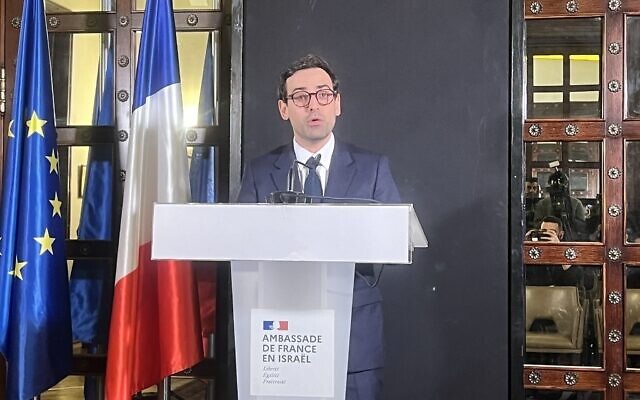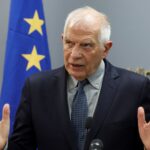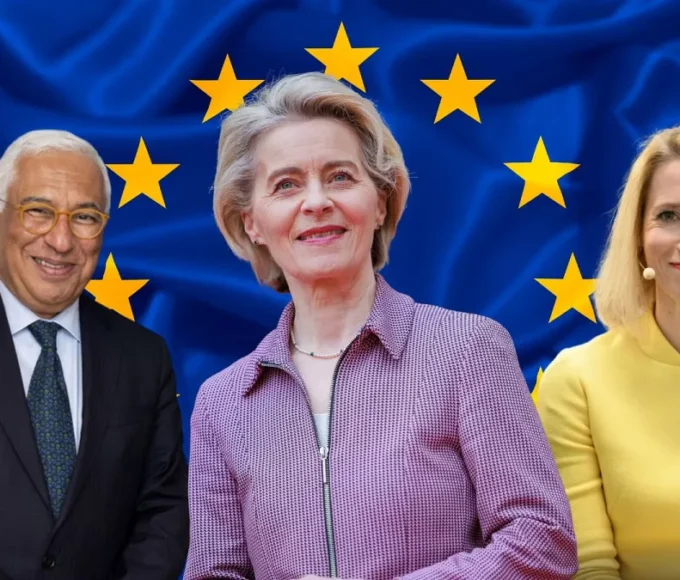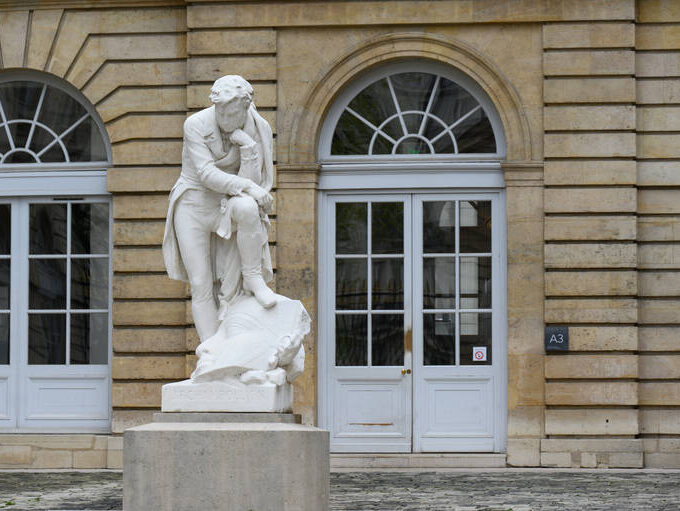French Foreign Minister Stéphane Séjourné, visiting Israel, told Prime Minister Benjamin Netanyahu that Paris continues to strongly condemn the Palestinian terror group Hamas and is planning a ceremony to mark the fourth month of the deadly attack.
“This meeting is important for us, because we are at an important turning point. You know France’s positions,” Séjourné said, before their meeting, in remarks translated from French, noting Paris’ strong denunciation of the Hamas assault of October 7.
Séjourné recalled that France was also organizing a ceremony on February 7 in tribute to the 42 French or Franco-Israeli victims of attacks perpetrated by Hamas.
Netanyahu thanked Séjourné for his visit and for France’s support for Israel, in particular against the trial by the International Court of Justice in The Hague for “genocide”.
He added that the two men had many topics to discuss, “including efforts to contribute to humanitarian medical aid and, of course, cooperation between us on the issue of Lebanon.”
“Nothing, never, anywhere, can justify terrorism and I want to reiterate the horror that the actions of the Hamas terrorists inspire in us” and “our emotion in the face of the crimes of a sexual nature committed on October 7,” he said. he declared after the meeting in Jerusalem with Netanyahu.
He announced that France would support “up to 200,000 euros” the Association of Rape Crisis Centers in Israel (ARCCI), the association of response centers for rape victims in Israel.
Former French Foreign Minister Catherine Colonna met ARCCI President Orit Sulitzeanu in December at the Shura military base, where the bodies of the October 7 victims are being identified before being buried.
The head of diplomacy also estimated on Monday that Israeli “settler violence” in the West Bank must “stop”,
“There can under no circumstances be any forced displacement of Palestinians, neither outside Gaza nor outside the West Bank,” added Séjourné, currently on tour in the Middle East to try to push for a truce in the fighting between Israel and the Palestinian Islamist terrorist group Hamas in the Gaza Strip.
The minister also condemned the “violent remarks which sow hatred (against the) Palestinians or even call for the commission of war crimes. These comments are increasingly numerous in Israel and are relayed by political leaders (…). We find it serious.”
“The future of the Gaza Strip is inseparable from the future of the West Bank, we must prepare for this future by supporting the Palestinian Authority. This must be renewed and redeployed as soon as possible in the Gaza Strip,” said the Minister of Foreign Affairs, who is making his first tour in the region since his appointment in January.
Since 2007, the Palestinians have lived under two rival governments, that of Hamas in Gaza and that of the Palestinian Authority of Mahmoud Abbas which controls parts of the West Bank.
Séjourné stressed that he was in Israel “as a friend” but that this friendship “forces me to tell the truth, the whole truth, but also the truth that our Israeli partners might have more difficulty hearing.”
“For four months,” he said, “the Gazans have been under bombs, under an almost absolute siege, they are deprived of minimal aid […] and are massed near Rafah”, the most important city. south of the enclave where most Gazans have fled. “Nothing can justify such a tragedy. »
“The tragedy in Gaza must end,” he insisted, calling for an “immediate and lasting ceasefire and the massive entry of humanitarian aid. »
The minister called for “a comprehensive political settlement, with two states living in peace side by side” which would require the peace process to resume “without delay”. “Without a political solution, there will be no just and lasting peace in the Middle East, this is our position and this is our analysis of the situation.”
Mr. Séjourné was then due to go to Ramallah, in the West Bank, where he was to meet his Palestinian Authority counterpart Riyad al-Malki, then its president, Mahmoud Abbas.
The war in Gaza erupted when Hamas sent 3,000 armed terrorists into Israel on October 7 to carry out a brutal attack in which they killed nearly 1,200 people. The terrorists also took 253 people hostage, mostly civilians, and took them to Gaza. Israel responded by launching a military campaign aimed at destroying Hamas, removing it from power in Gaza and freeing the hostages.
More than 27,000 people are believed to have died in Gaza since the start of the war, according to the Health Ministry run by Hamas terrorists. The figures released by the terrorist group are unverifiable, and they reportedly include its own terrorists and gunmen killed in Israel and Gaza, and civilians killed by the hundreds of rockets fired by the terrorist groups that fall inside the Strip. from Gaza. The Israeli military claims to have killed more than 10,000 members of the terrorist group in Gaza, in addition to a thousand terrorists inside Israel on October 7.
This article is originally published on /fr.timesofisrael.com








